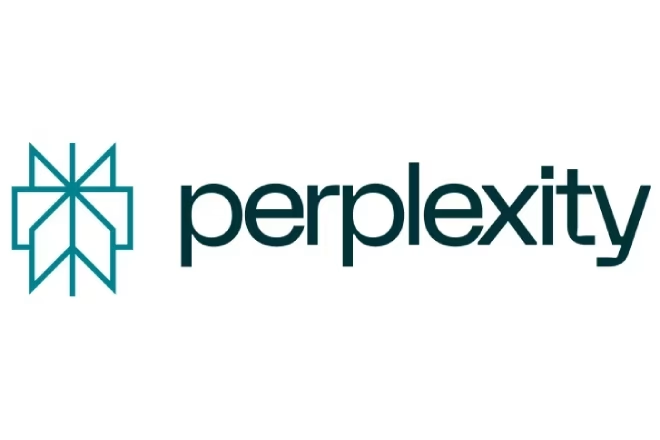Tech Giants Eye Perplexity: Apple and Samsung Show Interest in AI Search Startup
Notably, major players in the tech industry, Apple and Samsung, are reportedly showing significant interest in Perplexity AI, the innovative conversational search engine. This burgeoning interest signals a potential shift in how these tech titans might integrate advanced AI capabilities into their vast ecosystems, particularly in the realm of information retrieval and user interaction. Perplexity's unique approach to providing direct answers with cited sources, rather than just a list of links, has clearly caught the eye of companies that are constantly seeking to redefine user experience and stay ahead in the competitive AI landscape.
The buzz surrounding Perplexity isn't just about its impressive technology; it's also about its potential to disrupt the established search engine market, dominated for years by Google. For Apple, integrating a sophisticated AI like Perplexity could mean a significant upgrade to Siri and Spotlight search, offering users more direct, contextual answers within the Apple ecosystem. Imagine asking your iPhone a complex question and getting a synthesized, sourced response right away – that's the kind of experience Perplexity offers. Samsung, similarly, could leverage Perplexity to enhance its own AI assistants and smart devices, aiming to provide a more intelligent and helpful experience for its global user base.
The Allure of Perplexity's Conversational Search
What makes Perplexity so compelling? It's their "answer engine" model, which moves beyond traditional keyword matching. Instead of presenting a user with a page of blue links, Perplexity synthesizes information from multiple sources to provide a direct, conversational answer, complete with citations. This is a game-changer for users who are tired of sifting through numerous search results. It’s like having a research assistant at your fingertips, ready to distill complex topics into understandable summaries.
For instance, if you ask Perplexity about the "impact of quantum computing on cryptography," it doesn't just give you links to academic papers. It might provide a concise explanation, detailing how quantum computers could break current encryption methods and what new cryptographic approaches are being developed, all while linking to the original sources for further reading. This level of directness and transparency is a significant departure from the status quo and something that both Apple and Samsung are likely keen to explore.
Strategic Implications for Apple and Samsung
The potential acquisition or partnership with Perplexity AI presents a strategic advantage for both Apple and Samsung. In the rapidly evolving AI race, securing cutting-edge technology and talent is paramount. Perplexity's focus on factual accuracy and source attribution also aligns with a desire for more trustworthy AI interactions, something that’s increasingly important as AI becomes more integrated into daily life.
For Apple, this could be another step in their long-standing effort to create a more seamless and intelligent user experience across their devices. Think about how Apple has integrated its own AI advancements into iOS, macOS, and watchOS. Perplexity's capabilities could further enhance this by providing more robust, AI-powered search and information discovery tools. It’s not just about finding information; it’s about understanding it.
Samsung, on the other hand, has been actively pushing its own AI initiatives, particularly with its Bixby assistant. Integrating Perplexity's advanced conversational AI could significantly boost Bixby's capabilities, making it a more formidable competitor in the voice assistant market. Imagine Bixby not just setting reminders, but also providing detailed, sourced answers to complex queries, making Samsung devices even more indispensable.
What's Next in the AI Search Arena?
The interest from these tech giants underscores the growing importance of sophisticated AI in search and information access. While details of any potential deals remain speculative, the fact that Apple and Samsung are reportedly circling Perplexity indicates a significant validation of the company's approach. It’s a clear signal that the future of search might be less about finding links and more about receiving direct, synthesized, and trustworthy answers.
We're likely to see continued innovation in this space, with other tech companies also looking to bolster their AI search capabilities. The question remains: will Perplexity become an independent force, partner with one of these giants, or perhaps even be acquired? Whatever the outcome, the increased attention on Perplexity is a testament to its disruptive potential and a clear indicator of the direction AI-powered information retrieval is heading. It's an exciting time to watch this space unfold, as the very way we seek and consume information is being reimagined.
